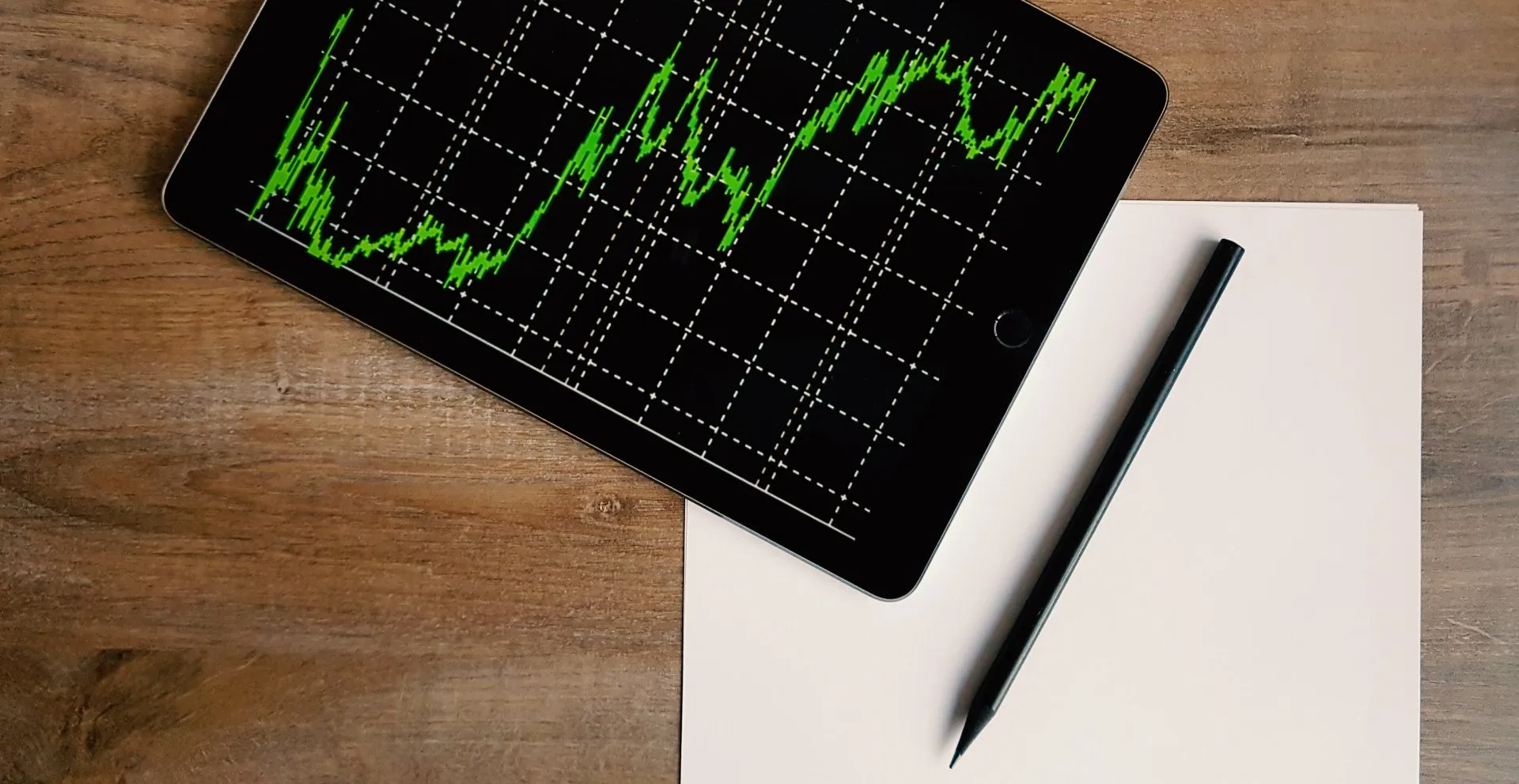A financial market is a place where people and companies come together to trade. Whether you’re investing in stocks, bonds or forex, understanding how financial markets work can help you make better investments.
In a nutshell, the purpose of financial markets is to provide a platform for individuals, companies and government organizations to get access to capital. They also allow businesses to off-set risk by trading in commodities, foreign exchange futures contracts and other derivatives.
Stock Market
The stock market is a place where investors can buy and sell shares of companies. It’s also a way for companies to raise money from the public to grow their businesses.
Understanding financial markets involves knowing how they work and how they affect the world economy. The stock market is one of the most important parts of the economy, and it helps businesses grow their operations and expand their products and services.
Investing in stocks is a great way to make money over the long term. In fact, investors have historically been rewarded with average annual returns of around 10%.
The stock market works like an auction system, where prices are determined by supply and demand. This means that if more investors are buying a stock than sellers, the price will increase.
Bond Market
Bonds are debt securities issued by companies and governments, which enable the transfer of capital from savers to issuers who need funding for projects and other activities. They pay interest and a fixed return (called “yield”) to investors, and they have a value that can change depending on how much investors demand the income.
The bond market is a place where bonds are traded, and it’s an important part of the overall financial markets. It includes government-issued securities and corporate debt securities, which are sold by companies, banks, and other institutions to individuals and institutional investors.
The market’s prices and yields are driven by two factors: interest rates, which determine how much a new bond is worth compared to an existing one, and creditworthiness, which concerns whether or not the company that issued the bond will be able to make its promised payments. Generally, as interest rates rise, prices of bonds fall. And when interest rates go down, prices of bonds increase.
Commodity Market
The commodity market is a place where investors can buy and sell raw materials such as oil, gold, and coffee. Investors who invest in commodities aim to make money from supply and demand trends or diversify their portfolios by adding different assets.
Commodities trade in both physical (spot) markets and derivatives markets. Spot markets involve immediate delivery, while derivatives markets entail futures contracts for delivery in the future.
In both markets, there are three major types of participants: informed investors/hedgers, speculators, and arbitrageurs.
Informed investors/hedgers represent commercial organizations that need the commodity for their production or service offerings. These companies include electric utilities, petrochemical manufacturers, and marketers of building materials. Speculators include a wide variety of financial institutions and individual traders.
Currency Market
The currency market, also known as the foreign exchange market (or forex market), is where people buy and sell different currencies. It helps facilitate global transactions such as loans, investments and trade.
The value of a country’s currency is determined by a number of factors, including economic factors, political conditions and market psychology. This means that exchange rates can change dramatically even before any specific event takes place.
This is especially true for free-floating currencies, which are whose values vary only according to the activities of the currency market. Similarly, currencies that peg their value to a standard such as gold also have their values determined by the market.













